The Haredi Institute for Public Affairs held a special conference (14 May 2023) on the topic “The judicial reform from Haredi perspective”. The conference examined the consequences of the reform for the Haredi public and the new challenges that will arise as a result of it in Secular-Haredi relations in Israel. The conference was held in the Haredi Institute’s conference hall, and was attended by members of the Knesset, public figures, and senior officials from the public and third sectors.
The chairman and founder of the Haredi institute, Mr. Eli Paley, opened the event by explaining his reasoning for holding the conference. “I do not associate myself with the faction that sees the judicial reform as a messianic vision that will save Israel, nor with the faction that sees the reform as the collapse of the state,” Paley added. “I am unwilling to live in a country where people who have contributed so much to the country, in the army, the economy and society, live with the feeling that they are facing the end of this state. We must not allow a discourse of losing hope, nor the loss of trust of an entire public in the justice system. We must lead a consensus model that will allow us all to live here together”.
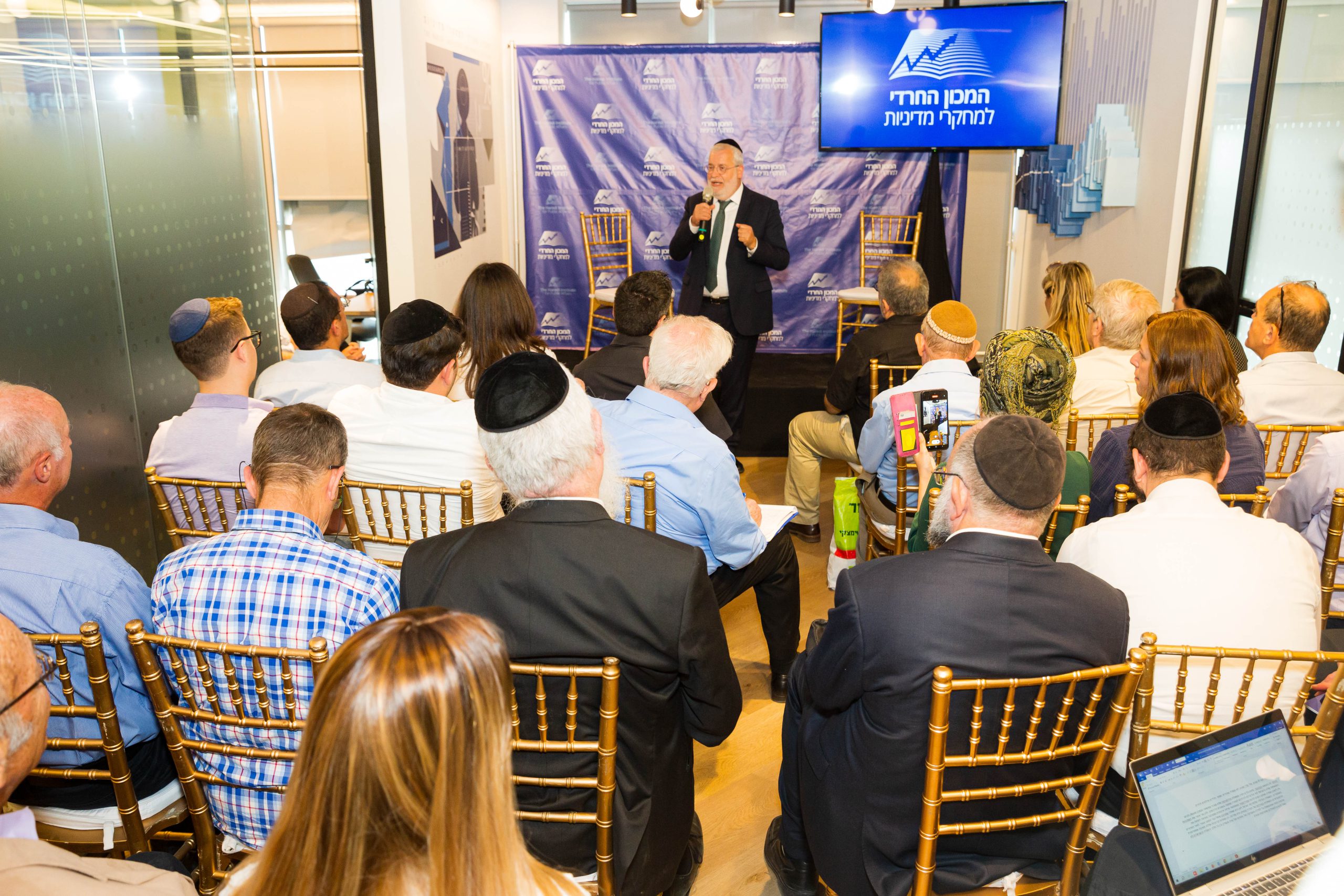
The Haredi parties and the judicial reform
MK Yitzhak Pindrus (United Torah Judaism) and MK Ze’ev Elkin (National Unity) conducted a one-on-one interview with the journalist and editor of “Mishpcha” magazine, Mr. Aryeh Ehrlich. The Interviews addressed the support of the Haredi parties and public for the judicial reform and what is behind it.
MK Yitzhak Pindrus referred to the main reasons why there is a lot of support in the Haredi sector for the judicial reform promoted by the government. According to him, “On the daily level, the public that suffers the most from judicial activism is the Haredi public. Not because it is for or against the Supreme Court, but because the arrangements of life in the State of Israel, when you put them to a legal test, you get yourself into a mess.”
Referring to the criticism of parts of the judicial reform, MK Pindrus stated that he understands that parts of the plan as initially presented were too extreme: “Even MK Yariv Levin admitted that there are parts of the reform as presented then that are very extreme. For example, the abolition of judicial review 15 out of 15 This is clearly improbable to anyone with common sense. This means that there is no judicial review and there are no such conditions in any country in the world. Or when the coalition alone appoints all the judges and does whatever it pleases without restraint, without having to reach an agreement with the opposition.”
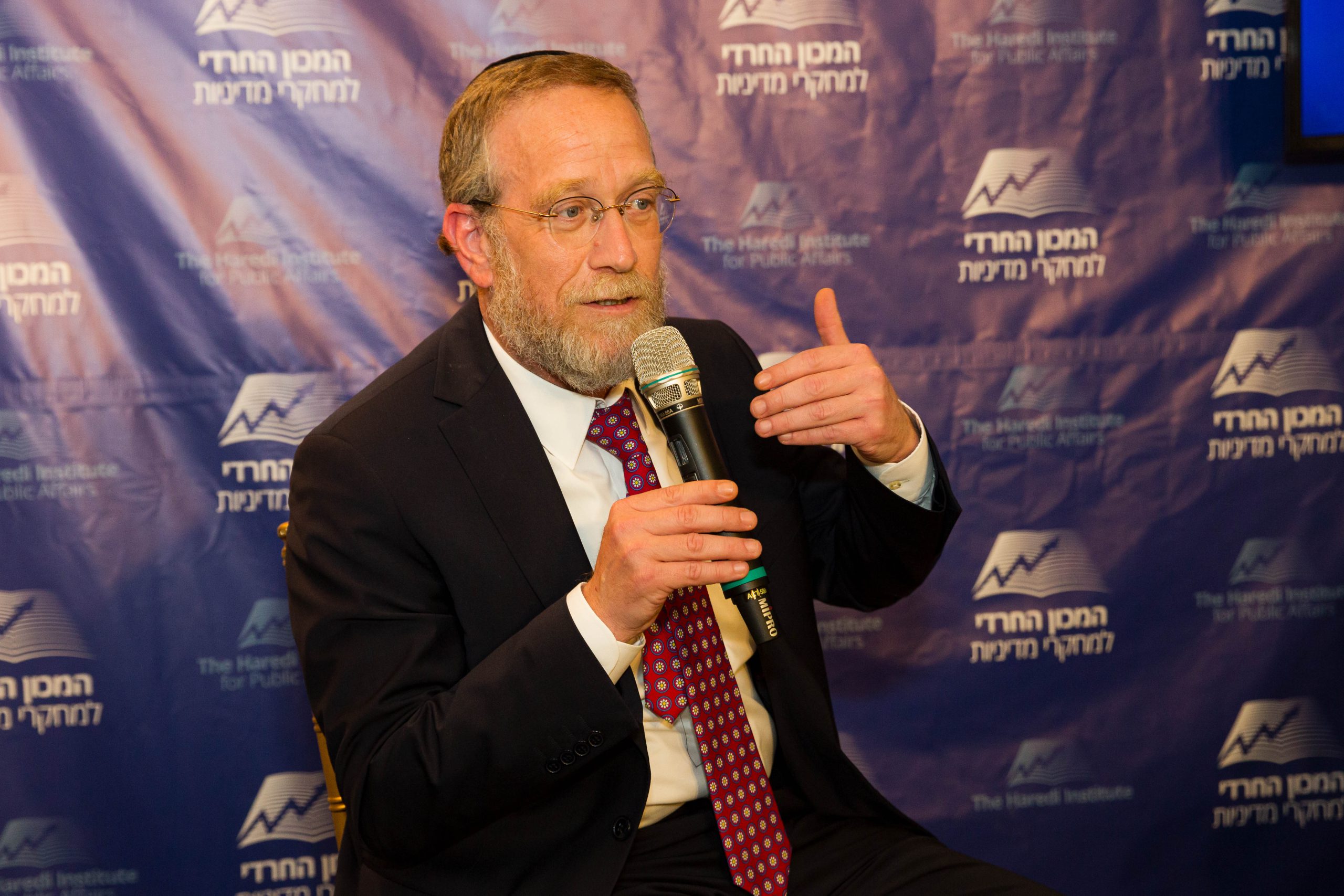
MK Pindrus explained the negative attitude of the Haredi public towards the Supreme Court: “Aharon Barak was very smart, he was very careful. With all the judicial activism, you will notice that he did not touch matters of religion and state, he avoided it. The verdict in the draft law he gave five years after his retirement. If the Supreme Court had been smart enough to understand that in a multicultural country, a country of Kibbutz Galuyot (gathering of the Jewish diaspora), the demographics speak for itself – it would not have found the Haredi society there, it would not have interested him.”
MK Ze’ev Elkin criticized the Haredi members of the Knesset and their support for the reform. “I don’t understand why the Haredi politicians chose to be the mere contractors of Bezalel Smotrich and Netanyahu and take the fire for them, without any ability to gain anything from it,” he claimed. “We are not opposed automatically to everything the government does. In fact, we supported the military operation that the government correctly led. Everything that is right and good for the country – we will support it.”
MK Elkin further said: “We need a reform in the judicial system. Many mistakes have been made it, but the question is what kind of reform and how do we pass it”. Later he added: “When there is something crooked, we don’t build something even more crooked, but try to balance it. Those who want to understand real change must create consensus, as we enacted the Nation-State Bill. I support negotiations, we need to exhaust all possibilities in the negotiations and reach agreements. A real negotiation is underway, but it is still in the early stages. It would be a colossal mistake to surrender to a power trip and not to make a real and consensual reform.”
MK Elkin also criticized the municipal tax fund initiative that the government is promoting and linked it to the judicial reform: “The municipal tax fund is a serious mistake, and its biggest opponents in the committee were the MKs from Likud who the Prime Minister forced to vote in favor, and they came out humiliated. The similarity between the judicial reform and the municipal tax fund is that once again the government rushes headstrong into a dead-end.”
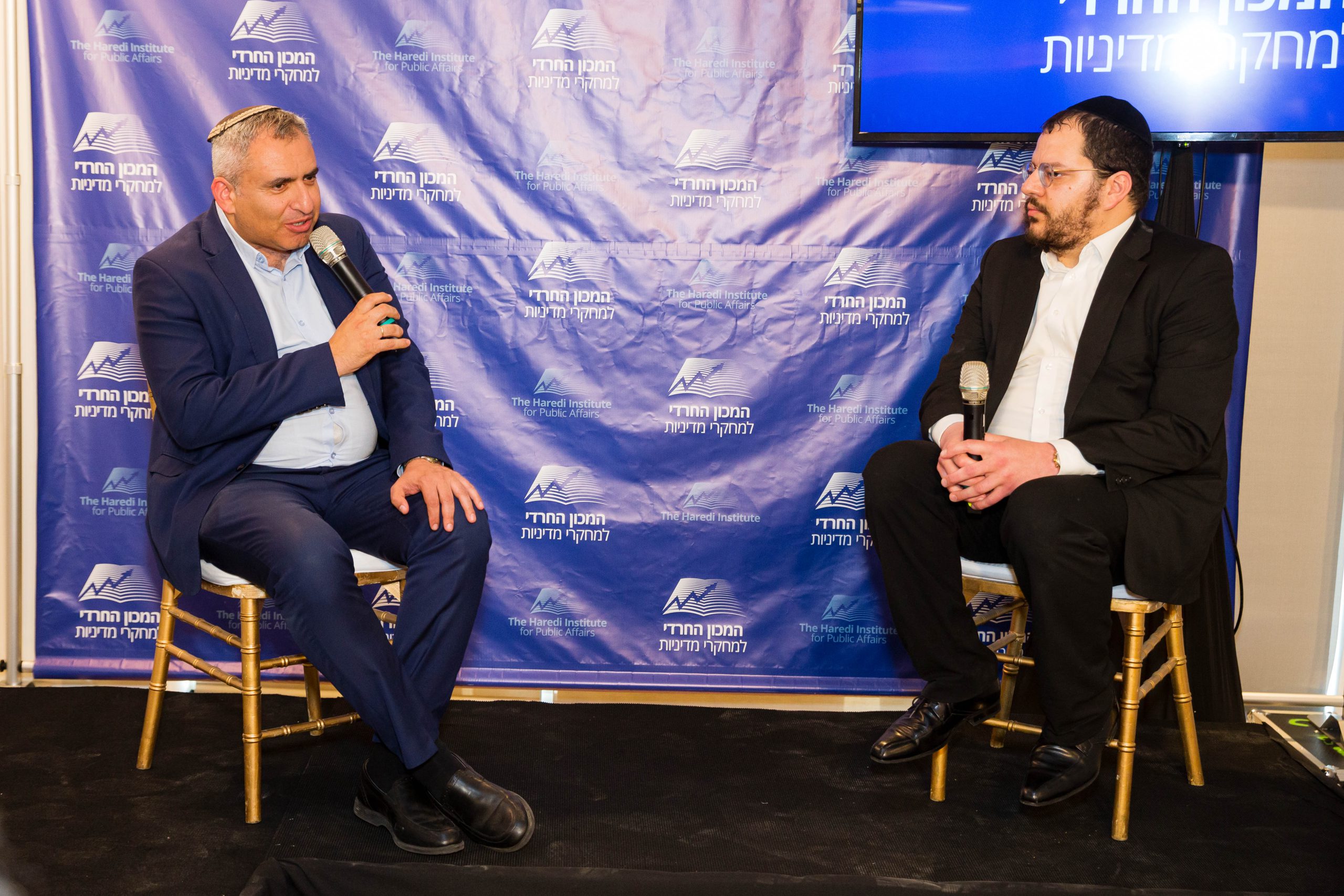 Judicial reform – a challenge or an opportunity in Secular-Haredi relations?
Judicial reform – a challenge or an opportunity in Secular-Haredi relations?
A panel with the participation of Prof. Yuval Albashan, former Director General of the Ministry of Justice Emi Palmor, journalist Yossi Elituv, Rabbi Adv. Yehoshua Pfeffer and head of employment at the Haredi institute Yehudit Miletzky.
Prof. Yuval Albshan, one of the drafters of the Friedman-Albshan document, said: “[Following the judicial reform,] demons that were locked in our common basement have been released. One of the main ones is the Secular-Haredi issue, and this is the main demon at play here, much more than Judicial Selection Committee. It is a demon that was never resolved or dealt with. Ben-Gurion sensibly evaded it – people think that he crafted the current status quo then out of stupidity, but it was his only way to get the approval of the Haredi associations. Now the demon has been released. When you see the demonstrations on the issue of mandatory military draft, this is not a coincidence nor a provocation. It’s actually very real.”
Prof. Albashan added: “We need to solve the reform even though it is not a problem, only for the reason that after we solve it, we will be able to calm down a bit and then we will have to be required – whether you like it or not – to regulate the relations between the different groups in society. In the end there is a war of religion here.”
The former CEO of the Ministry of Justice, Emi Palmor, commented on the religion and state issues that accompanied the protest against the judicial reform: “I want a Jewish state – Jewish and democratic. I want the balances we have lived with for so many years to be preserved. However, as long as we feel the conservatism, which until today was not at our expense, we find ourselves in a situation where the reform is not an event in the background. This radicalization and separation between us create real fear among some of the public – if we don’t understand this, our situation will turn grim.”
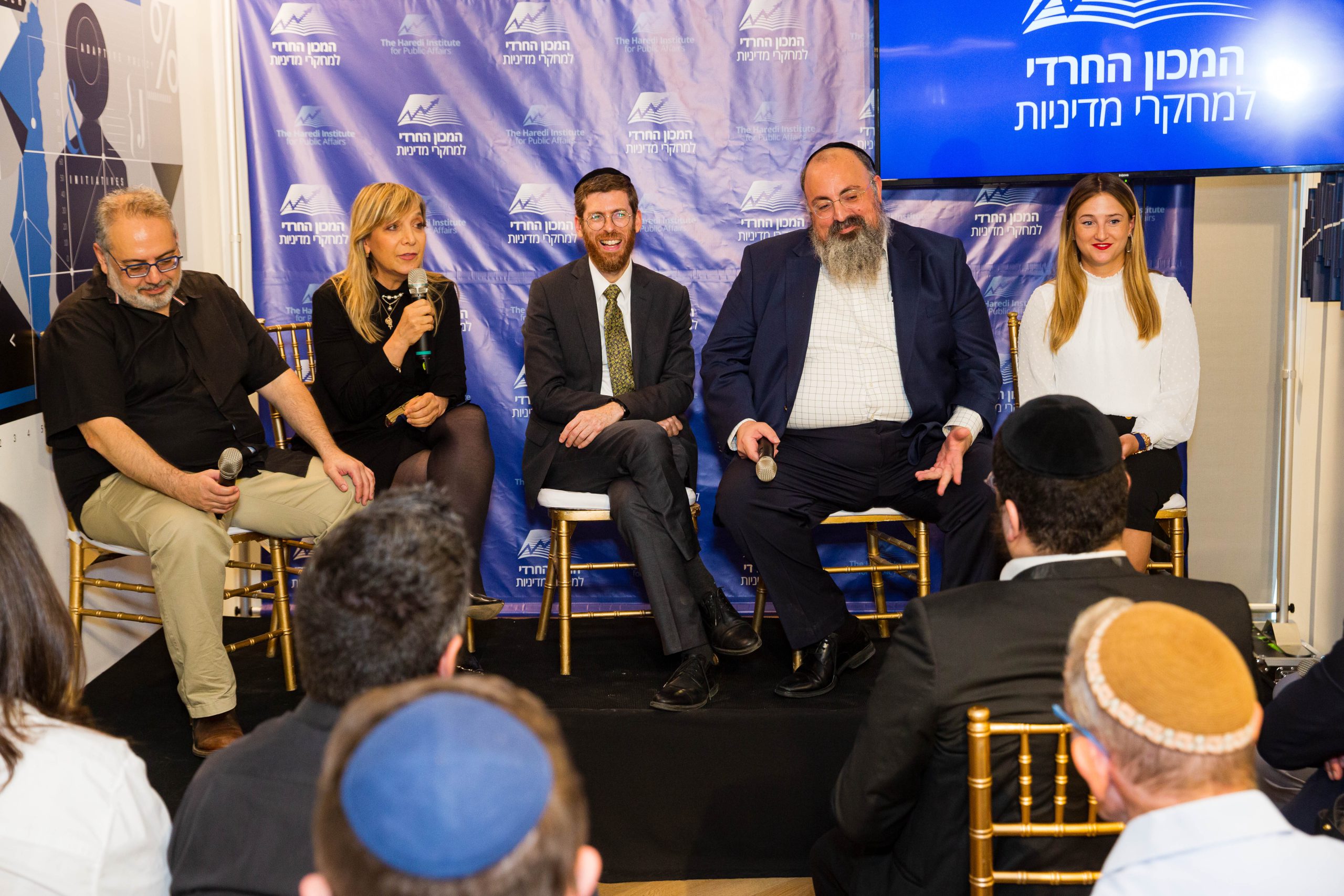
Palmor went on to address the secular response to the crisis. “The secular public is not just an ‘awakened bear’ but a group that has realized that it needs to reconstitute its identity and its values, and that identity and values are not a privilege kept only for the Haredi public. This is going to be the big challenge. It will be much more complex as each group is very, very connected to values. What is our meaning, what is our role, what is our mission – no less than what we heard from our Haredi brothers.”
Rabbi Adv. Yehoshua Pfeffer, head of the Haredi department at Tikva Foundation and editor-in-chief of the magazine “Tzarich Iyun”, emphasized the importance of responsibility towards the state and the societies that make it up: “In 2023 we can’t allow ourselves to think that we are the eternal minority, so we only have to take care of ourselves instead of thinking about the big questions. The message from this is not only intra-Haredi: from the Haredi side we need to think about what we want in terms of big questions of policy in relation to the State of Israel, when we are part of the Jewish majority of this country. But – we also need recognition from the non-Haredi side, we need an honest invitation for real dialogue.”
“I wish for a new treaty between the secular and the Haredi. We will resolve the reform. We will reach some sort of solution, but this is a mere band-aid, that is not the issue. The main issue is what we are talking about here at this conference: Haredi and non-Haredi relations in the State of Israel” he concluded.
Journalist Yossi Elituv referred to the importance of the general public in the current political reality. “We have reached a situation where we are forced to sit down and talk. The “secular bear” that was woken in the winter of 2023 is not going anywhere. The awakening in the secular public also provokes a parallel awakening in Haredi society, of people getting up and asking themselves, what are we actually fighting for? What is really important to us? What will we insist on and what are willing to compromise?” “This discourse had risen, and we have no choice but to sit down and discuss. The decision will be made by us, by every Israeli. Those who thought that the Messiah had arrived are mistaken. We still have a lot of work to do together.”
The panel was concluded by the head of employment at the Haredi institute, Yehudit Miletzky, with a practical proposal for bridging the rifts in Israeli society: “The discourse and events surrounding protest and resistance have raised the flames in Israeli society to extreme levels never seen before. Whether the reform passes or not, it will be very difficult to put them out. One of the most significant ways to connect polar opposites in society is a meeting between individuals, without titles and without stigma. In my opinion, the ideal place for this meeting, unmediated and without politics, is the workplace. If we really want to think about living together and bridging gaps, we must emphasize diversity in the workplace – and that means working with the government, with employers, with the Haredi society, to create this daily encounter.”

